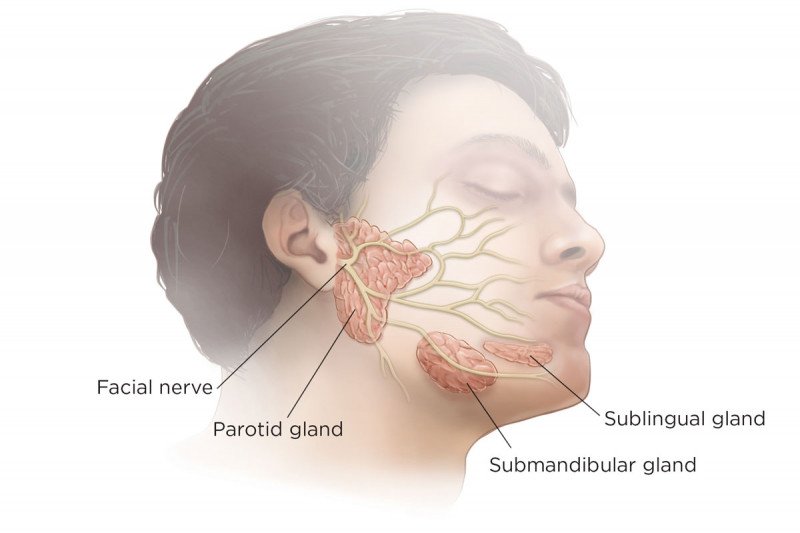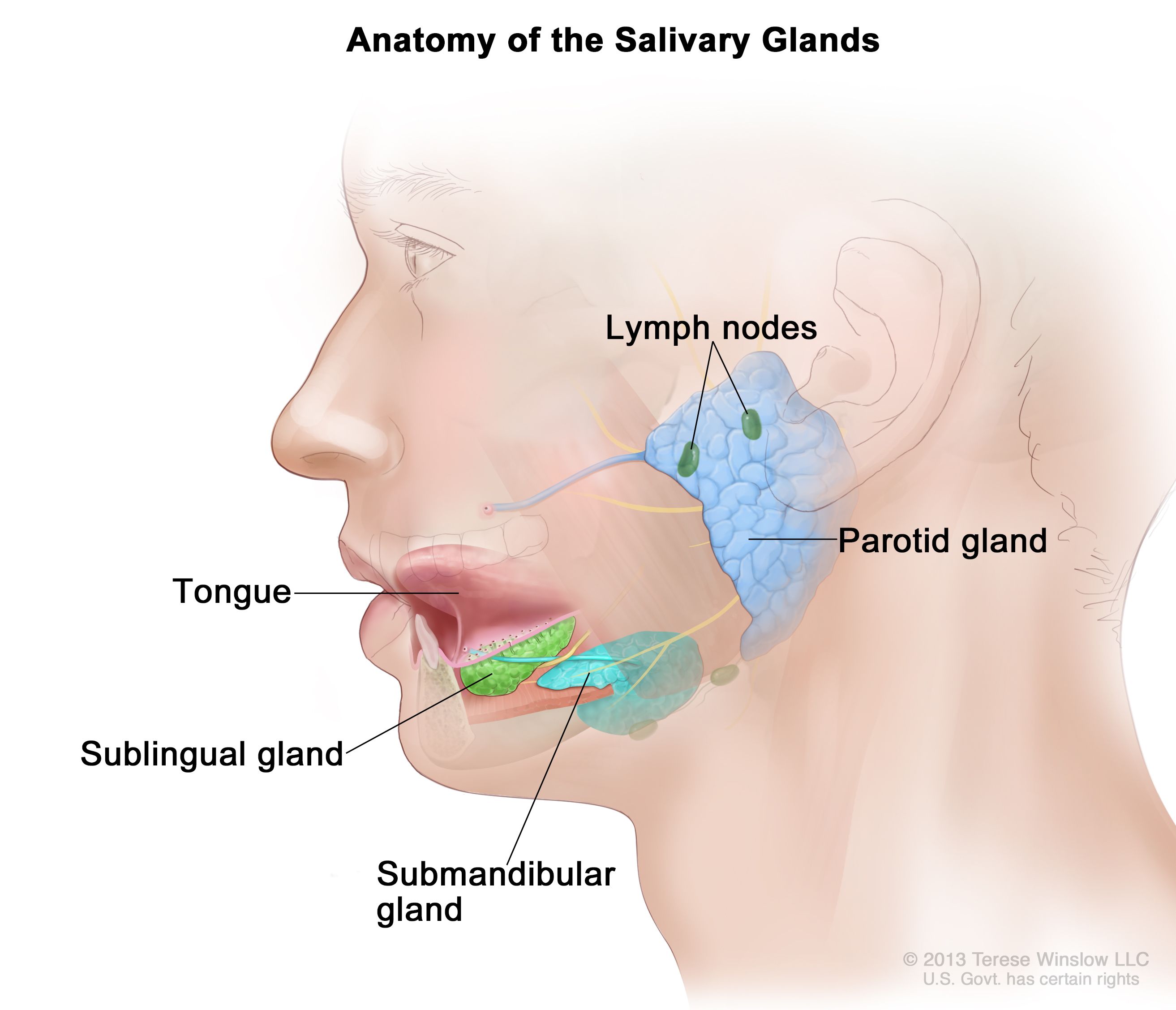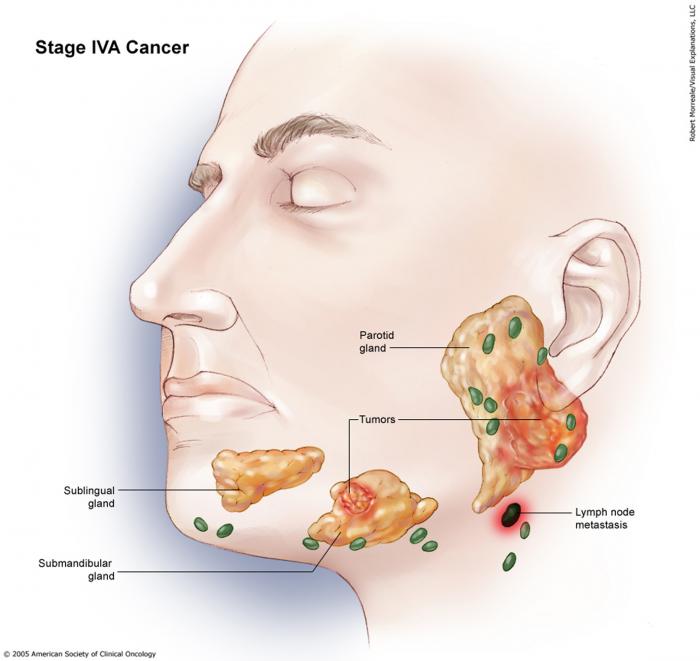An oral mucous cyst will develop near one of the openings of the salivary glands under the tongue or on the lips cheeks or floor of the mouth.
Floor of mouth salivary gland tumor.
Salivary gland cancers.
Mucous cysts appear as soft swollen lumps that.
The most common type of benign parotid tumor usually appears as a slow growing painless lump at the back of the jaw just below the earlobe.
Salivary gland tumors are rare.
Salivary gland cancer starts in one of the salivary glands.
Enlarge anatomy of the salivary glands.
Salivary gland cancer also occurs within the microscopic minor salivary glands.
Take the salivary glands for instance.
Salivary gland tumors are growths of abnormal cells tumors that begin in the salivary glands.
Salivary gland tumors are rare.
A bump or injury could cause swelling or inflammation to the salivary gland and lead to mucus buildup.
There are also hundreds of small salivary glands lining the rest of the mouth.
Benign neoplasms of the floor of the mouth include lipomas benign mixed tumors pleomorphic adenomas of the sublingual gland and minor salivary glands and neural sheath tumors.
Cysts can form because of an infection especially.
Salivary glands make saliva which aids in digestion keeps your mouth moist and supports healthy teeth.
A tear in a salivary gland.
The sublingual glands which are the smallest are under the floor of the mouth and below either side of the tongue.
There are also hundreds of small minor salivary glands lining parts of the mouth nose and larynx that can be seen only with a microscope most small salivary gland tumors begin in the palate roof of the mouth.
The majority are benign.
These are called the minor salivary glands.
Malignant tumors cancerous tumors.
They make the saliva spit that keeps your mouth and throat moist.
Risk factors include radiation exposure and possibly smoking.
There are actually several different salivary glands found inside and near your mouth.
Salivary glands empty saliva into the mouth through ducts that open at various places in the mouth.
You have three pairs of major salivary glands under and behind your jaw parotid sublingual and submandibular.
Two sublingual glands are under the floor of the mouth.
Cancer can start anywhere in your body even the parts you never really think about.
Lipomas the floor of the mouth is the third most common location for lipomas of the oral cavity after the cheek and tongue.
These glands are within the roof or floor of the mouth the lining of the tongue and lips and inside the cheeks sinuses nose and voice box.
Lipomas are easily diagnosed at imaging.
The three main pairs of salivary glands are the parotid glands the sublingual glands and the submandibular glands.









